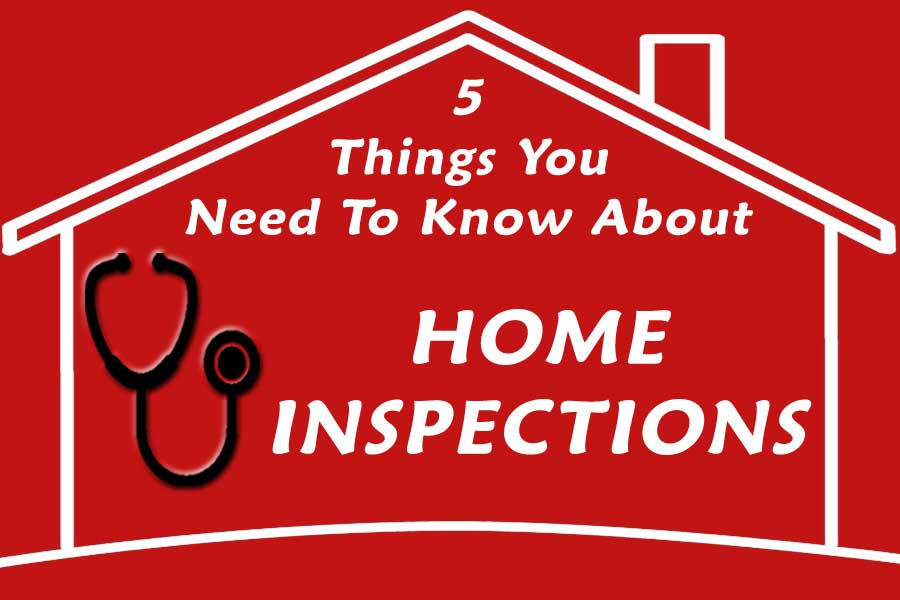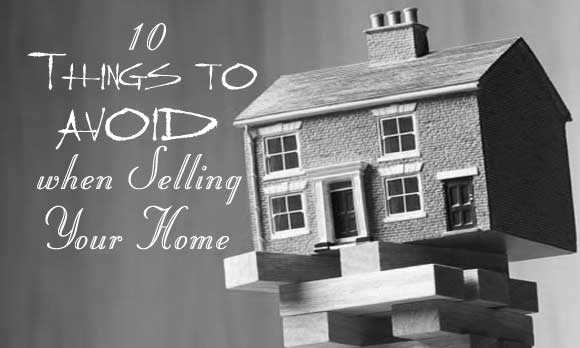Good Morning!
 Even in the strong sellers market that we are currently experiencing in the Eugene and Springfield area, there are always a few homes that just don't sell. 9 times out of 10, the issue is price. We find that even during hot markets, overpriced homes may get looked at, but they just do not attract offers. Pricing with the market is crucial with any kind of market and today, we find that competitive pricing often brings in multiple offers and the purchase war begins. This strategy will bring about a sale for top dollar value in any market. Along with this, there are a few things that homeowners can do to make their home more attractive to potential buyers. The following are a few tips that just might help you if you have a home on the market or if you are considering the sale of your home.
Even in the strong sellers market that we are currently experiencing in the Eugene and Springfield area, there are always a few homes that just don't sell. 9 times out of 10, the issue is price. We find that even during hot markets, overpriced homes may get looked at, but they just do not attract offers. Pricing with the market is crucial with any kind of market and today, we find that competitive pricing often brings in multiple offers and the purchase war begins. This strategy will bring about a sale for top dollar value in any market. Along with this, there are a few things that homeowners can do to make their home more attractive to potential buyers. The following are a few tips that just might help you if you have a home on the market or if you are considering the sale of your home.
If your home is in pretty good shape (i.e. it's decently updated and not in need of a total overhaul), you might think it's ready to go on the market as is. But little things you wouldn't expect can end up being deal breakers. And, when you've got competition, you need your home to stand out for all the right reasons. Give your home a good look and address the little things now before they become big problems when buyers are balking.
Cords hanging from your mounted TV
This is one of those things that tends to fade into the background in a home we live in every day. But don't be surprised if new eyes go right to those dangling cords and wonder why you didn't take the next step and hide them in the wall. Anything that makes a potential buyer question whether you cut corners or were lazy elsewhere could spell bad news for your home sale.
An unkempt yard
So, you had your landscapers out to clean out your flower beds, trim the bushes, plant colorful new blooms and mulch everything. And then, the night before a showing, a storm blew a whole mess of leaves into your yard. Grab that rake and make it a family affair out on the lawn at dawn. You know what they say about first impressions. Buyers likely won't be forgiving of a messy lawn, and your house may stand out if they can see the effort made to clean it up when the neighbors' yards are still 15-deep in leaves.
A dingy front door
Again with the first impressions. Your home may look great inside, but if the front door is chipped or faded, or the hardware is worn, your potential buyers may never get past it. This is an easy fix, and one that consistently rates high on the ROI scale.
Animals
While homebuyers in general may not mind if animals live in the home they are considering purchasing (unless there are severe allergy issues), they don't want to see - and, especially, smell - evidence of them. You have probably gathered up and stowed away the overflowing box of toys and balls. But have you considered the smell? You might not notice it, but first-time visitors likely will.
You don't have to rehome your pets; Use these tips from petMD to make your home smell pet-free.
Cobwebs
Even if you keep a pretty clean home, there may be areas that need attention, like ceiling fans or windowsills that are out of reach. You may not have a housekeeper on a regular basis, but doing a one-time, super deep clean before your home hits the market is a good way to make sure potential buyers don't nitpick and find a reason to question the home's condition.
Poor furniture arrangement
If you're rolling your eyes at the idea that the way you have your living room laid out could make a difference in whether or not your home sells, remember back to when you saw the home for the first time. Were you picturing your own furniture in the space? That's what real buyers do, and if they can't picture how it will work because you have too much stuff in the space or it's oddly configured - blocking a fireplace or doorway, for instance - you're keeping them from doing the thing that could make them buy the home.
"Square footage is important to homebuyers, so when you're selling a house it's important to maximize the space to appear bigger and highlight each room's dual functionality to enhance buyer appeal," said U.S. News & World Report. "A home seller can do this by decluttering, lighting up the room and especially by having your furniture strategically placed to show off the square footage. The layout will determine the visual size and flow of the room." You can learn more staging tips for arranging your furniture here.
Junk drawers and crammed cabinets
Buyers who are genuinely interested in your home are likely going to open everything and look everywhere. It's not snooping (at least, we hope it's not snooping!) - it's an interest in how much storage there is in the home. You may be forgiven for one "junk drawer," but the neater and cleaner you can make everything else, the better. You want people to see the space, not your stuff.
Overfilled closets
The need to showcase the space, not the stuff, goes double for closets. "Whether it's a hallway coat closet or a master suite walk-in, your home's closets will have a major big impact on prospective buyers," said Apartment Therapy. "Box up off-season apparel - or better yet, donate it - and remove extra hangers so yours looks spacious and streamlined."
Cluttered countertops
Eliminating, or at least cutting down on, clutter in your home is key to getting it sale-ready, and this is especially important in kitchens and bathrooms. While people may be impressed by your professional mixer and juicer, they're much more interested in knowing they have ample countertop space for their own stuff.
Have An Awesome Week!
THIS WEEK'S HOT HOME LISTING!

Price: $415,000 Beds: 3 Baths: 2 full, 1 half Sq. Ft: 1,951
Terrific two-story in highly desirable area! Features vaulted ceiling, skylights, bay windows, recessed lights and hardwood floor. Gas fireplace in living room. Kitchen with eating bar opens to dining room. Family room with closet and slider to back. Master suite with...View this property>>
AND HERE'S YOUR MONDAY MORNING COFFEE!!


 One of the largest problems that comes about during a home sale is the fact that there are typically seller paid repairs that need to be done. The majority of buyers are going to want both a pest and dry rot inspection and a whole home inspection completed as part of their purchase due diligence. From this inspection, there are typically some repair items that will come about and in most cases the buyer will want many of them taken care by the seller prior to the close of escrow. Negotiating these repairs during escrow can be nerve racking and can also sometimes create delays with closing. My suggestion to all of my sellers is to have their home inspected before we go on the market. This gives us a heads up for any potential issues and also allows the seller to repair major problems. Typically, this creates a much easier sale process. The followiong is and article from "US News" on why having a professional inspection prior to selling is a good thing to do.
One of the largest problems that comes about during a home sale is the fact that there are typically seller paid repairs that need to be done. The majority of buyers are going to want both a pest and dry rot inspection and a whole home inspection completed as part of their purchase due diligence. From this inspection, there are typically some repair items that will come about and in most cases the buyer will want many of them taken care by the seller prior to the close of escrow. Negotiating these repairs during escrow can be nerve racking and can also sometimes create delays with closing. My suggestion to all of my sellers is to have their home inspected before we go on the market. This gives us a heads up for any potential issues and also allows the seller to repair major problems. Typically, this creates a much easier sale process. The followiong is and article from "US News" on why having a professional inspection prior to selling is a good thing to do.

 With the housing marketing beginning to heat up again in the Eugene and Springfield market area, the climate for selling a home has never been better. If yoiu are considering putting your home on the market, there are a few things controlled by you that can make a huge difference on how long it takes your home to sell and at what price your home sells at. The following is an article from "Realty Times" that goes over some home selling dont's.
With the housing marketing beginning to heat up again in the Eugene and Springfield market area, the climate for selling a home has never been better. If yoiu are considering putting your home on the market, there are a few things controlled by you that can make a huge difference on how long it takes your home to sell and at what price your home sells at. The following is an article from "Realty Times" that goes over some home selling dont's. Price: $750,000 Beds: 4 Baths: 4 Half Baths: 1 Sq Ft: 4338
Price: $750,000 Beds: 4 Baths: 4 Half Baths: 1 Sq Ft: 4338
